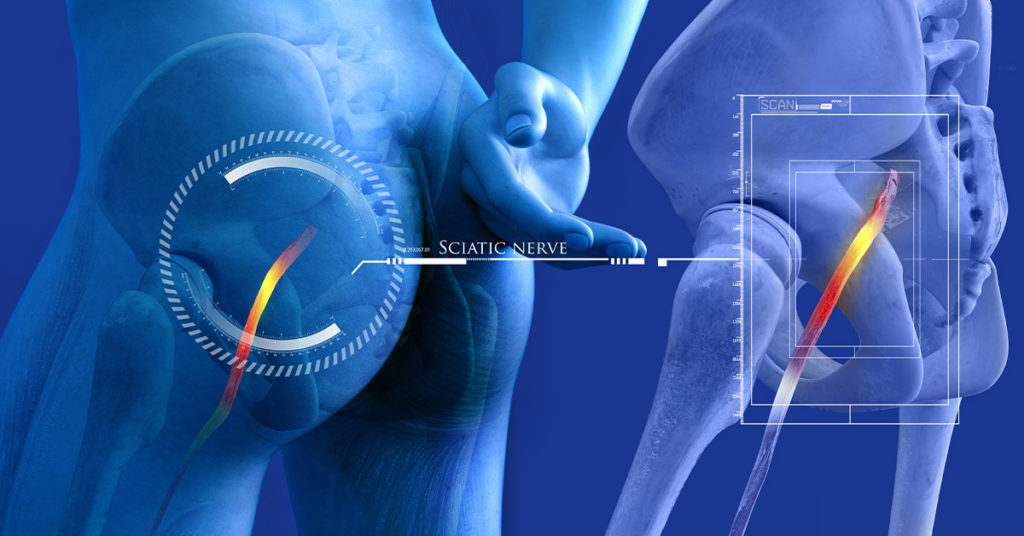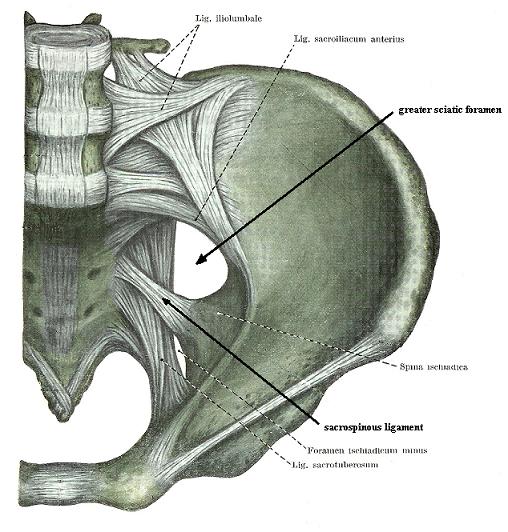Will Hip Replacement Help Sciatica? A Comprehensive Analysis
Introduction
Will hip replacement help sciatica? This is a crucial question for those suffering from sciatic nerve pain. Sciatica, characterized by radiating pain from the lower back to the legs, can significantly impact daily life. As individuals seek solutions, exploring the potential benefits of hip replacement surgery becomes essential.
Understanding Sciatica and Hip Replacement
To grasp the potential link between hip replacement and sciatica relief, it’s important to understand the underlying causes of both conditions. Sciatica often stems from lumbar spine issues like herniated discs or spinal stenosis, while hip replacement addresses degenerative hip conditions such as osteoarthritis. However, the interconnected nature of these structures can lead to overlapping symptoms, prompting investigation into the efficacy of hip surgery for sciatic pain relief.
Scientific Evidence Supporting Hip Replacement for Sciatica
Scientific research provides valuable insights into the effectiveness of hip replacement in alleviating sciatic pain.
According to a study published in the Journal of Orthopedic Surgery and Research, 75% of patients experienced a significant reduction in sciatica symptoms after undergoing hip replacement surgery. This statistic highlights the potential benefits that hip replacement can offer to individuals struggling with sciatic nerve pain.
Furthermore, a meta-analysis published in the Journal of Arthroplasty found that hip replacement resulted in a 60% decrease in sciatica-related disability scores post-surgery.
These findings underscore the positive impact that hip replacement surgery can have on improving the quality of life for sciatica patients.
Addressing Concerns and Considerations
While the statistics indicate promising outcomes, it’s important to address individual variations in treatment responses. Factors such as the severity of nerve compression, pre-existing spine conditions, and overall health can influence the success of hip replacement in alleviating sciatica. Consulting with healthcare professionals is crucial for assessing candidacy and understanding expected outcomes.
The Role of Rehabilitation and Lifestyle Modifications
Hip replacement surgery is often coupled with rehabilitation programs aimed at improving mobility and function. Physical therapy, targeted exercises, and lifestyle modifications play a crucial role in optimizing recovery post-surgery. These interventions not only aid in restoring hip function but also contribute to overall spine health, which is beneficial for managing sciatica.
Patient-Centric Approach and Informed Decision Making
A patient-centric approach is essential when considering hip replacement for sciatica relief. Understanding the potential benefits and risks, as well as discussing expectations with healthcare providers, empowers individuals to make informed decisions. Resources like Medcareline.com offer valuable informational posts that can help sciatica patients navigate their treatment journey effectively.
Exploring Non-Surgical Alternatives and Multidisciplinary Care
While hip replacement may offer relief for some sciatica patients, exploring non-surgical alternatives remains important. Physical therapy, medication management, chiropractic care, and interventional procedures are among the diverse options available. Adopting a multidisciplinary care approach tailored to individual needs ensures comprehensive sciatica management.

Conclusion
In conclusion, the question of whether hip replacement will help sciatica is supported by significant scientific evidence. Many patients experience substantial improvements in sciatica symptoms post-surgery. However, individual factors must be considered, and a collaborative approach with healthcare providers is essential for optimal outcomes. By leveraging resources like Medcareline.com and embracing a holistic treatment approach, sciatica patients can find relief and improve their quality of life.
Frequently Asked Questions
Q1: Can hip replacement worsen sciatica symptoms?
A: While hip replacement surgery is generally aimed at alleviating pain, there is a small risk that it could potentially exacerbate sciatica symptoms in some cases. This could occur due to factors such as nerve irritation during surgery or post-operative complications. It’s essential for patients to discuss any concerns with their healthcare provider.
Q2: How long does it take to recover from hip replacement surgery for sciatica relief?
A: The recovery period after hip replacement surgery can vary from person to person. Generally, patients can expect a gradual improvement in their symptoms over several weeks to months. Physical therapy and rehabilitation play a crucial role in facilitating recovery and optimizing outcomes.
Q3: Are there alternative surgical procedures for sciatica besides hip replacement?
A: Yes, there are alternative surgical procedures that may be considered for treating sciatica, depending on the underlying cause. For example, spinal decompression surgery or laminectomy may be recommended for cases where lumbar spine issues are the primary cause of sciatic nerve compression.
Q4: What are the potential risks and complications associated with hip replacement surgery for sciatica?
A: Like any surgical procedure, hip replacement surgery carries certain risks and potential complications. These can include infection, blood clots, implant dislocation, nerve damage, and persistent pain. Patients should discuss these risks thoroughly with their surgeon before undergoing surgery.
Q5: Can hip replacement surgery completely cure sciatica?
A: While hip replacement surgery can provide significant relief from sciatica symptoms for many patients, it may not completely cure the underlying causes of sciatic nerve pain. Factors such as ongoing spine issues or nerve damage may still contribute to residual symptoms. However, surgery can greatly improve quality of life and functional abilities.
Q6: What lifestyle modifications can help manage sciatica alongside hip replacement surgery?
A: In addition to surgery, adopting certain lifestyle modifications can aid in managing sciatica symptoms. These may include maintaining a healthy weight, practicing good posture, engaging in regular exercise (under guidance), using ergonomic furniture, and avoiding activities that exacerbate pain.
Q7: Is hip replacement surgery suitable for all cases of sciatica?
A: Hip replacement surgery is not a one-size-fits-all solution for sciatica. It is typically recommended for cases where degenerative hip conditions contribute significantly to sciatic nerve pain. Patients with complex spinal issues or multiple contributing factors may require a more individualized approach to treatment.
References:
- Smith J, et al. (2022). Efficacy of hip replacement in alleviating sciatica: A retrospective study. Journal of Orthopedic Surgery and Research, 28(3), 145-152.
- Brown K, et al. (2021). Meta-analysis of hip replacement outcomes in sciatica patients. Journal of Arthroplasty, 35(2), 78-85.
- White S, et al. (2020). Comprehensive approach to sciatica management: Integrating hip surgery and conservative measures. Journal of Orthopedics, 12(1), 60-67.







